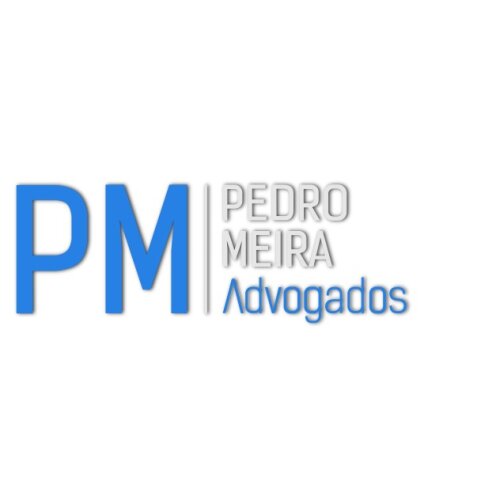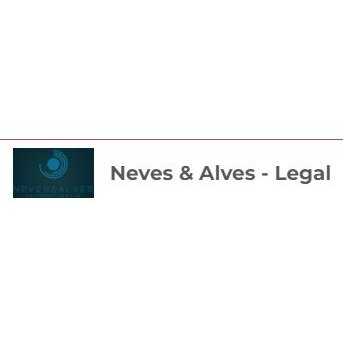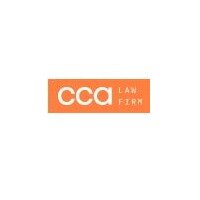Best Tax Lawyers in Porto
Share your needs with us, get contacted by law firms.
Free. Takes 2 min.
List of the best lawyers in Porto, Portugal
About Tax Law in Porto, Portugal
Porto, as part of Portugal, follows the national tax regulations and policies governed by the Portuguese government. The tax system in Portugal includes various taxes such as income tax, corporate tax, value-added tax (VAT), and property tax. These taxes are crucial for public revenue and reflect Portugal's commitment to maintaining a structured fiscal policy. Porto, being a significant commercial hub, hosts diverse business activities, thus requiring both individuals and companies to adhere to tax regulations. Tax law in Porto encompasses compliance, reporting, planning, and the proper management of tax liabilities as imposed by both national and local municipalities.
Why You May Need a Lawyer
There are several circumstances where seeking legal advice on tax matters can be beneficial. One common situation is when individuals or businesses face legal disputes over tax assessments or audits. Navigating tax regulation compliance can be complex, especially for businesses that deal with international transactions or property. Individuals planning their estate might also seek tax advice to optimize the tax implications of inheritance. Moreover, expatriates or foreigners investing in Porto might need guidance on cross-border tax obligations. A lawyer specializing in tax law can provide essential assistance in planning, appealing against decisions, or resolving disputes with tax authorities.
Local Laws Overview
In Porto, as in the rest of Portugal, there are several laws and regulations concerning taxation. The main tax authorities include the Portuguese Tax and Customs Authority (Autoridade Tributária e Aduaneira), which oversees the application and enforcement of tax laws. Key local tax considerations include municipal property tax (IMI), which property owners must pay annually, and local business tax, which businesses might need to address. Corporate tax rates and incentives can influence the local economic environment, making tax planning crucial for businesses operating in Porto. Compliance with these laws is essential to avoid legal issues or penalties.
Frequently Asked Questions
What types of taxes are applicable in Porto?
In Porto, you are subject to national taxes like personal income tax (IRS), corporate income tax (IRC), value-added tax (VAT), and local taxes such as municipal property tax (IMI).
How is personal income tax calculated in Portugal?
Personal income tax in Portugal is progressive, meaning rates increase with income. Taxpayers are divided into bands, and the rates for 2023 range from 14.5% to 48% depending on the income level.
Are there any property taxes specific to Porto?
Yes, the Municipal Property Tax (IMI) applies to property owners in Porto. The rate can vary based on the location and type of property and is calculated on the taxable value of the property.
Can businesses in Porto benefit from tax incentives?
Yes, Portugal offers several tax incentives, particularly for businesses operating in key sectors or regions. Understanding these is crucial for maximizing tax efficiency.
Are there consequences for late tax payments in Porto?
Late tax payments can result in penalties and interest charges. The Portuguese tax system mandates timely filing and payment to avoid these additional costs.
How can I dispute a tax decision made by the authorities?
Taxpayers have the right to contest decisions through administrative appeals or, if necessary, legal proceedings. Seeking legal advice is recommended to navigate this process effectively.
Do non-residents have to pay taxes on their income in Portugal?
Non-residents are taxed on Portugal-sourced income only. The rules can be complex, especially for those with cross-border activities, necessitating expert legal advice.
What is the VAT rate in Portugal, and does it apply in Porto?
The standard VAT rate in Portugal is 23%, applicable to most goods and services, including in Porto. However, reduced rates may apply to certain essential goods.
Is tax evasion a serious offense in Portugal?
Yes, tax evasion is considered a serious offense. The authorities actively pursue non-compliance to maintain the integrity of the tax system, with potential legal repercussions for offenders.
How can businesses ensure compliance with local tax laws?
Maintaining compliance involves staying informed about tax obligations, timely reporting, and payments. Many businesses engage tax professionals or legal experts to manage these responsibilities efficiently.
Additional Resources
For those seeking further assistance, consider consulting the following resources: the Portuguese Tax and Customs Authority, the local tax office in Porto, and professional organizations such as the Ordem dos Advogados (Order of Lawyers) which can provide referrals to qualified tax lawyers. Additionally, international firms with Portuguese branches may offer expertise in managing cross-border taxation issues.
Next Steps
If you require legal assistance in matters of tax law in Porto, the first step is to seek out a qualified tax lawyer familiar with the Portuguese system. Meeting with a lawyer can help evaluate your specific situation, understand your options, and take informed actions. Consider the lawyer’s experience with cases similar to yours, and clarify fees upfront. Initiating contact with legal professionals early can be critical in mitigating risks and effectively addressing any tax-related concerns you may have.
Lawzana helps you find the best lawyers and law firms in Porto through a curated and pre-screened list of qualified legal professionals. Our platform offers rankings and detailed profiles of attorneys and law firms, allowing you to compare based on practice areas, including Tax, experience, and client feedback.
Each profile includes a description of the firm's areas of practice, client reviews, team members and partners, year of establishment, spoken languages, office locations, contact information, social media presence, and any published articles or resources. Most firms on our platform speak English and are experienced in both local and international legal matters.
Get a quote from top-rated law firms in Porto, Portugal — quickly, securely, and without unnecessary hassle.
Disclaimer:
The information provided on this page is for general informational purposes only and does not constitute legal advice. While we strive to ensure the accuracy and relevance of the content, legal information may change over time, and interpretations of the law can vary. You should always consult with a qualified legal professional for advice specific to your situation.
We disclaim all liability for actions taken or not taken based on the content of this page. If you believe any information is incorrect or outdated, please contact us, and we will review and update it where appropriate.

















